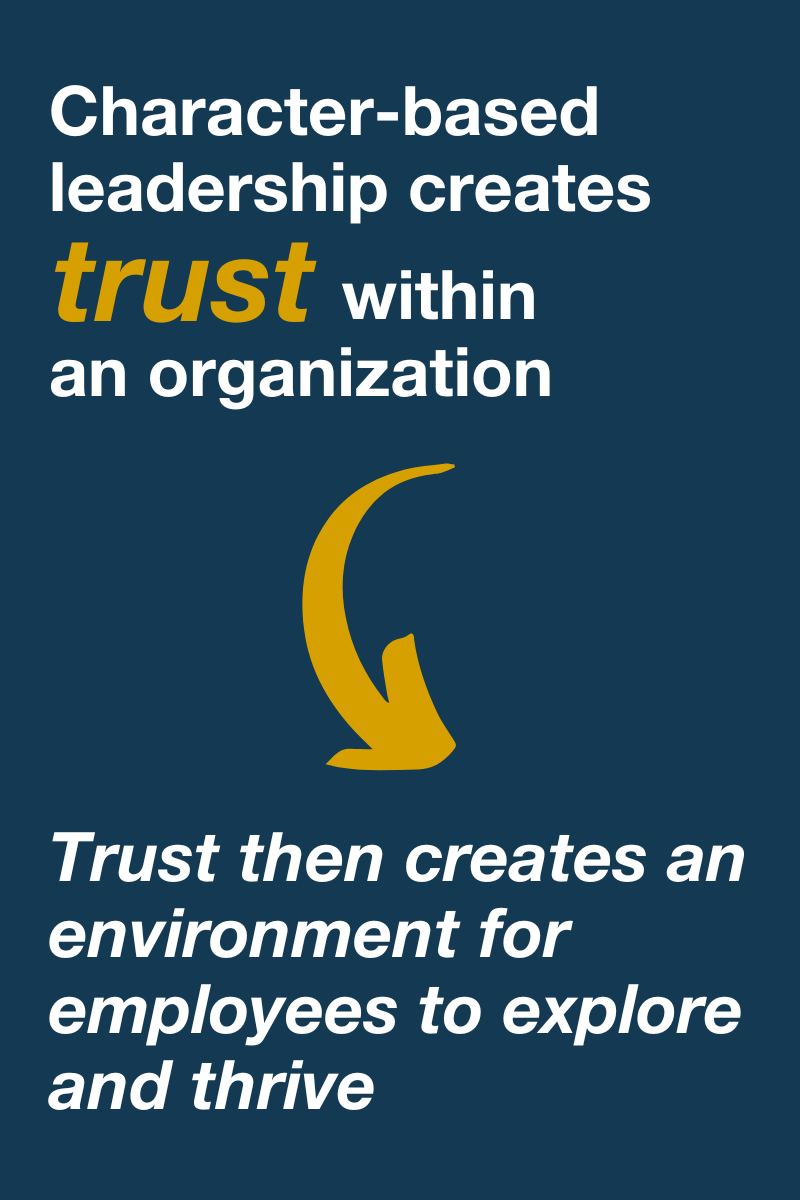Why Character-Based Leadership is Crucial for Your Organization’s Success
In an era where power and performance dominate leadership discussions, the significance of character often goes overlooked. In the aftermath of crises like the global financial crisis and corporate scandals, the absence of character-driven leadership has become glaringly evident.
Fred Kiel’s research reveals a link between character and bottom-line results, demonstrating that leaders with integrity, responsibility, forgiveness, and compassion yield greater returns on assets. As consumer preferences shift towards impact-focused companies, leaders must evolve to suit these preferences.
Does Character Matter in the Role of Leadership?
Leadership has been traditionally defined as a function of power and performance. It’s standard practice for C-suite leaders and boards to critically assess competitive strategies and business models, but the importance of leadership character is either seen as less important or disregarded altogether. However, look no further than the wake of the global financial crisis, the Volkswagen emissions scandal, or the Boeing 737 Max tragedies for powerful reminders of what can happen when technical competence is abundant, but character-based leadership is missing.
In Fred Kiel’s work, a pioneer in researching how character affects leadership positions, he discovered a direct correlation between character and bottom-line results. With data gathered over seven years from over 100 CEOs and the insights of more than 8,000 employees, Kiel uncovered that leaders with strong character deliver up to five times the return on assets compared to their counterparts with weaker character traits. This finding not only highlights the critical importance of character in leadership, it should also challenge business leaders to rethink the role of character in achieving exceptional organizational results.
What is Character-Based Leadership?
According to Keil, character can be defined and measured based on four traits:

Integrity
A leader with integrity is honest. They adhere to a consistent moral code of ethics, principles, values, and beliefs. They stand up for what is right and keep their promises.

Responsibility
To be responsible, a leader must own their personal choices and admit to making mistakes by holding themselves and others accountable. They are seen expressing concern for the common good of their community and organization.

Forgiveness
A forgiving leader lets go of resentments, personal mistakes, or those made by others. They focus on what’s right rather than what’s wrong.

Compassion
A compassionate leader can empathize with others, empowering them by actively caring and committing to their development.
Evidence shows that companies led by individuals with high integrity, responsibility, forgiveness, and compassion perform significantly better than those led by individuals with perceived low character. Ironically, these “Virtuoso CEOs”, ones of high character, rarely care for personal salary compensation but consistently receive more than their self-serving counterparts.
Character-Based Leadership for Inspiring Teams

Organizations often underestimate the power of cultivating positive character traits in leadership positions, which can be a transformative force for positive change. This oversight isn’t just surprising; it’s a strategic misstep. Character-based leaders create trust within an organization. Trust then creates an environment for employees to explore and thrive, which reflects in the business’s success. The alternative is a workplace filled with internal competition and self-serving individuals, which is not a strong foundation for collective quality output.
As consumers are becoming more conscientious and informed, organizations are shifting from being predominantly profit-focused to impact-focused. This includes the culture and individuals within them. Leaders must evolve to become visionaries by expanding their awareness both internally and externally, developing and championing well-being both physically and mentally, and practicing and encouraging emotional intelligence when adapting to new situations. All the qualities consumers would like to see in the companies they support must be visible in the leaders who run those companies. Ultimately, today’s leaders need to show up as humans as well as professionals.
Unlock your leadership potential through character-based leadership, a skill honed by self-reflection and peer support. Embrace the continuous journey of self-awareness, recognizing its profound impact on all facets of life. At TEC Canada, we offer a safe and supportive environment for business leaders to achieve their professional and personal potential.
Learn if you qualify for TEC Canada membership by completing the short form below!




